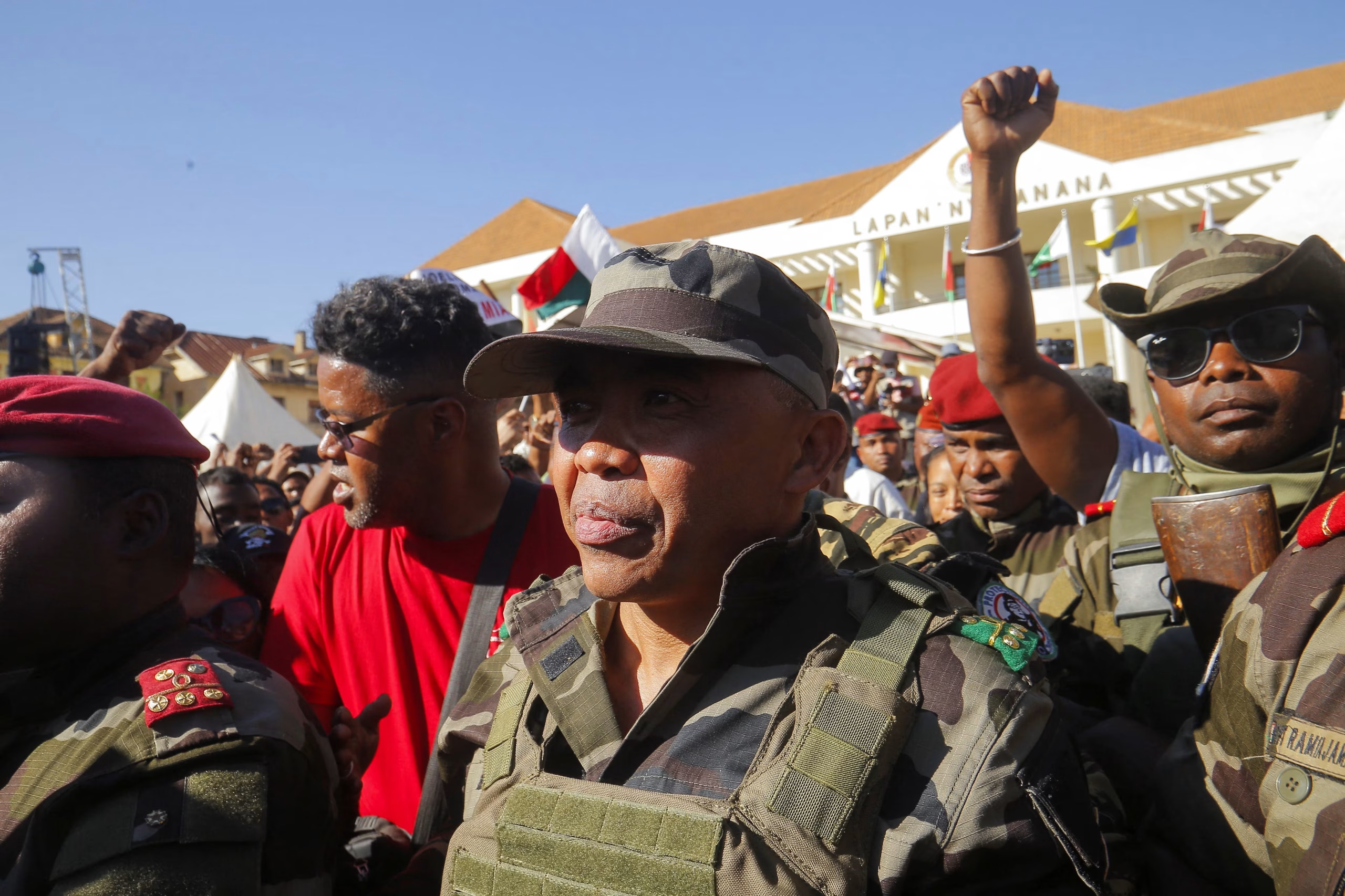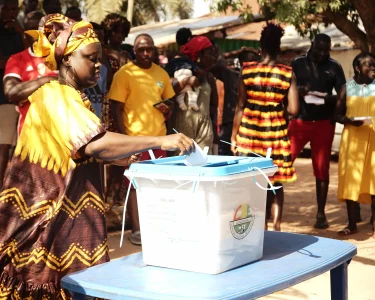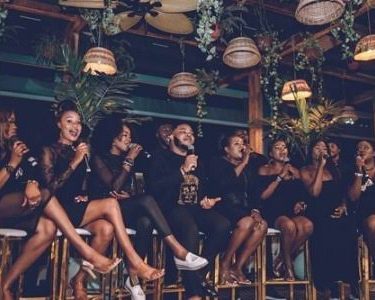- Summary
- African Union suspends Madagascar after coup
- Randrianirina to lead transitional government for up to two years
- Rajoelina condemns coup, refuses to step down despite protests
ANTANANARIVO, Oct 16 (AfrikTimes) – Madagascar’s new military ruler, Colonel Michael Randrianirina, said he would be sworn in as president on Friday and expressed openness to dialogue with the African Union, after the bloc suspended the country’s membership in response to last week’s coup that ousted President Andry Rajoelina.
Rajoelina, who fled abroad during the weekend, was impeached by lawmakers and has denounced the military takeover. He has refused to step down despite widespread youth-led protests and growing defections within the security forces.
“Colonel Michael Randrianirina will be sworn in as the President for the Refoundation of the Republic of Madagascar during a formal hearing,” Randrianirina said in a statement late on Wednesday, adding that the High Constitutional Court would perform the ceremony.
The African Union announced on Wednesday that the bloc had suspended Madagascar with immediate effect following the coup, and called for the restoration of civilian-led governance as well as elections.
Randrianirina told a press conference on Thursday that the bloc’s decision was expected.
“From now on, there will be behind-the-scenes negotiations, we’ll see how things unfold,” he said.
Suspension by the 55-member bloc carries political weight and could isolate the country’s new leadership.
Randrianirina said earlier that the military had taken power and dissolved all state institutions except the lower house of parliament, or National Assembly. He also said that a committee led by the military would rule for up to two years alongside a transitional government before organising new elections.
Randrianirina was a commander in the elite CAPSAT army unit that played a role in the 2009 coup that brought Rajoelina to power but broke ranks with him last week, urging soldiers not to fire on protesters.
Madagascar’s population of about 30 million people has an average age of less than 20 years. Three-quarters of the people live in poverty. Between its independence in 1960 and 2020, GDP per capita plunged 45%, according to the World Bank.







